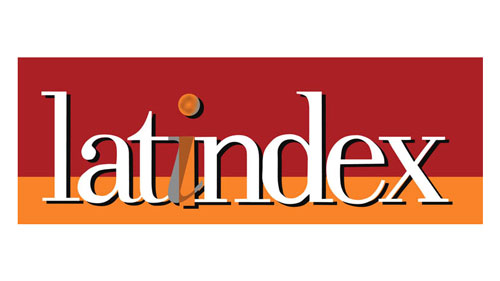Complejidad y competencia comunicativa
DOI:
https://doi.org/10.26512/rhla.v7i1.598Palabras clave:
Competencia Comunicativa;, Multilingüismo;, Complejidad;, Interlengua;, CódigoResumen
The concept “communicative competence” includes much more than “linguistic competence” (typically used by traditional theoretical linguists) and has become one of the key concepts in applied linguistics and language teaching. Besides the linguistic dimension, it also contemplates discourse, pragmatic, sociocultural, mediation, and strategic dimensions. Interestingly, these operative elements do not relate to each other in a complex manner, but rather, interaction tends to occur mechanically as in an aggregation of knowledge. This article presents a model of communicative competence based on complex thinking (the whole is greater than the sum of its parts), with the addition of another perspective: the multilingual character of any language speaker, which includes verbal and nonverbal codes, linguistic varieties (dialects, register, etc), and languages in which the speaker has developed some type of interlanguage.
Descargas
Citas
CANALE, Michael.; SWAIN, Merrill. Theoretical basis of communicative approaches to second language teaching and testing. Applied Linguistics, n. 1, p. 1-47, 1980.
CANTERO, Francisco José. Comunicació i veu. Articles, n. 32, 2004.
______; DE ARRIBA, Clara. El cambio de código: contextos, tipos y funciones. In: OTAL, J. L.; FORTANET, I.; CODINA, V. (Eds.). Estudios de lingüística aplicada. Castellón: Publicacions de la Universitat Jaume I, 1996.
______; DE ARRIBA, Clara. La mediación lingüística en la enseñanza de lenguas. Didáctica (Lengua y Literatura), n. 16, p. 9-21. Disponível em: http://www.ucm.es/BUCM/revistas/edu/11300531/articulos/DIDA0404110009A.PDF. Acesso em: 2004.
______; MENDOZA, Antonio. Conceptos básicos en didáctica de la lengua y la literatura, cap. 2. In: MENDOZA, A. (Coord.). Didáctica de la lengua y la literatura. Madrid: Prentice Hall, 2003.
COUNCIL FOR CULTURAL COOPERATION. Common European framework of reference for languages: learning, teaching, assessment. Strasbourg: Council of Europe, 2001. Marco común europeo de referencia para las lenguas: aprendizaje, enseñanza, evaluación. Instituto Cervantes, 2002. Disponível em: http://cvc.cervantes.es/obref/marco.
HYMES, Dell Hathaway. On communicative competence. In: PRIDE; HOLMES (Eds.). Sociolinguistics. Londres: Penguin Education, 1972. Acerca de la competencia comunicativa. Tradução esp. In: LLOBERA, M. (Coord.). Competencia comunicativa. Documentos básicos en la enseñanza de lenguas extranjeras. Madrid: Edels, 1995.
LIU, Yen Hui. La entonación del español hablado por taiwaneses. Biblioteca Phonica, n. 2, 2005. Disponível em: www.ub.es/lfa.
VAN EK, Jan Ate. Objectifs de l’apprentissage des langues vivantes. Strasbourg, 1988. Objectives for foreign language learning. Strasbourg: Council of Europe, 1993.
Descargas
Publicado
Cómo citar
Número
Sección
Licencia

A Revista Horizontes de Linguística Aplicada de http://seer.bce.unb.br/index.php/horizontesla/index é licenciado sob uma Licença Creative Commons Atribuição-Uso não-comercial-Vedada a criação de obras derivadas 3.0 Unported.
- Autores mantém os direitos autorais e concedem à revista o direito de primeira publicação, sendo o trabalho simultaneamente licenciado sob a Creative Commons Attribution License o que permite o compartilhamento do trabalho com reconhecimento da autoria do trabalho e publicação inicial nesta revista.
- Autores têm autorização para assumir contratos adicionais separadamente, para distribuição não-exclusiva da versão do trabalho publicada nesta revista (ex.: publicar em repositório institucional ou como capítulo de livro), com reconhecimento de autoria e publicação inicial nesta revista.





